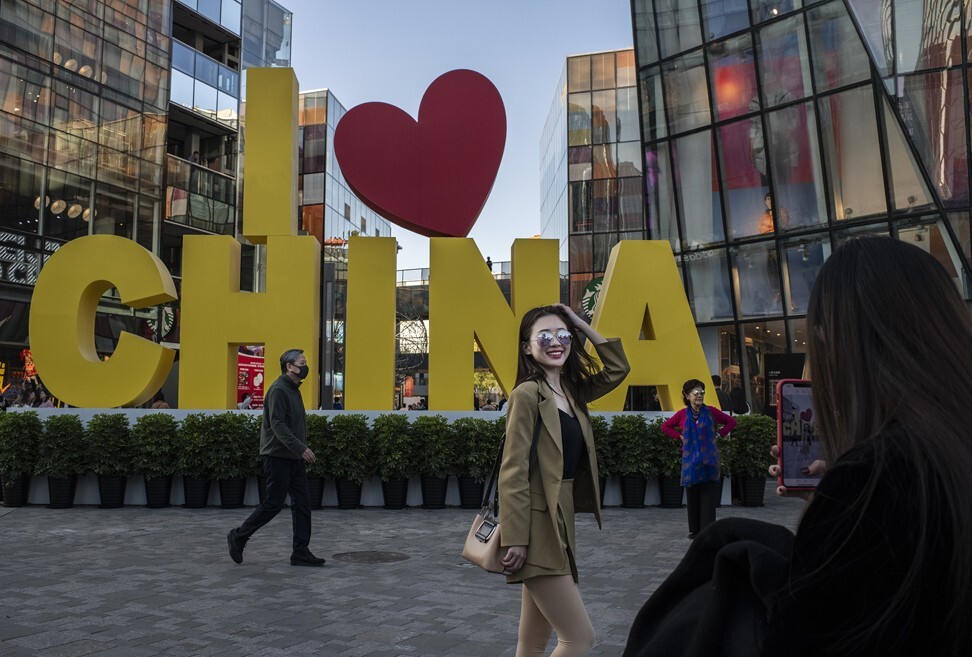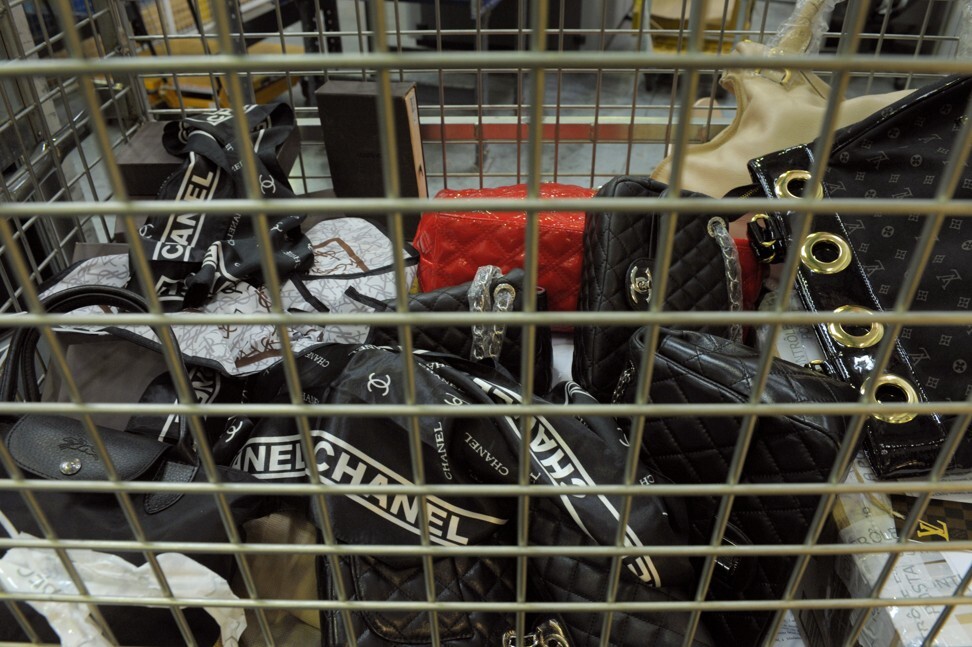
Luxury shoppers in China stymied by travel disruption buy second-hand and from local stores as shortages bite
- China’s high-end shoppers are finding it hard to splash their cash with the Covid-19 pandemic halting travel and causing shortages of imported goods
- Sales of second-hand luxury goods on online platform Paipai jumped 138 per cent from 2019 during its summer sale
Jeff Meng, a 25-year-old watch lover from a well-heeled family in China’s Guangdong province, had 160,000 yuan (US$22,800) burning a hole in his pocket. He could not find the Rolex Daytona watch he wanted, dubbed “panda” for its black-and-white face, anywhere in China.
The coronavirus pandemic has halted travel and disrupted networks of parallel importers, so Chinese high-end shoppers like Meng – who collectively spend US$111 billion a year on luxury goods – are finding it hard to spend their cash.

“Now, travel is impossible, and daigou sellers are either back [in mainland China] or stranded in Europe,” Meng says. “The pandemic made me realise you can’t easily get what you fancy in China.”
Cognisant of the potential of Chinese consumers who don’t travel overseas, luxury houses had already been rolling out plans to expand on the mainland. The pandemic has now hastened that shift and imbued it with urgency.
With other factors like perceived anti-Chinese racism in Western countries exacerbated by the coronavirus outbreak that was first observed in China, and the Chinese government’s desire to bring spending home to boost its ailing economy, it is unlikely Chinese luxury buyers will revert to previous patterns after the crisis passes.
More than half of Chinese purchases of luxury goods will be in China by 2025, Bain estimated in May, compared to a third in 2019.
“Chinese feel unsafe in foreign countries, which is why they consume at home,” says Amrita Banta, managing director at luxury consultancy Agility Research. “Brands should increase importing from foreign countries into China and offer a wider and well-priced range. They can now expand their reach to more cities – even smaller towns which have a propensity to spend.”

With China having largely contained its Covid-19 epidemic, including a new outbreak in Beijing last month, shoppers are spending again. This is expected to boost the luxury market in China by as much as 10 per cent this year, compared with a 45 per cent plunge globally, according to estimates by Boston Consulting Group.
“Things are normal again internally, and we are seeing the results throughout our stores,” Richemont chairman Johann Rupert says of China, where it has about 460 boutiques. “But they’re not travelling. Nobody is travelling. And until people feel sufficiently safe, I doubt that we will return to a pre-Covid stage.”
I realise it’s so nice that I can try on the clothes in [local] shopping centres, and salespeople treat me as a long-term client instead of just a tourist
In May, Swiss watch exports to China fell 55 per cent from a year ago, according to industry data, largely because of supply bottlenecks.
“Due to the travel curbs during the pandemic, all the consumption power is locked inside China, so our sales there are growing,” says Alain Lam, finance director of Oriental Watch, a high-end watch seller with 46 stores in mainland China. “But the supply is very tight, as Swiss factories are not yet fully returned to work.”
Chinese shoppers desperate for certain items are turning to second-hand luxury platforms to buy them, fuelling a surge of investment in start-ups offering the services. Meng finally found his “panda” Rolex watch on a platform called Ponhu (Beijing) Technology.

Some Chinese consumers say that the pandemic has unexpectedly shifted their perspective: they have found shopping domestically can be convenient and pleasant in comparison to infrequent holidays or daigou platforms with no-returns policies.
“I realise it’s so nice that I can try on the clothes in the shopping centres, and salespeople treat me as a long-term client instead of just a tourist,” says Michelle Zhang, a finance executive from Fuzhou, in Fujian province. “Even after global travel resumes, I will continue to shop more at home.”

